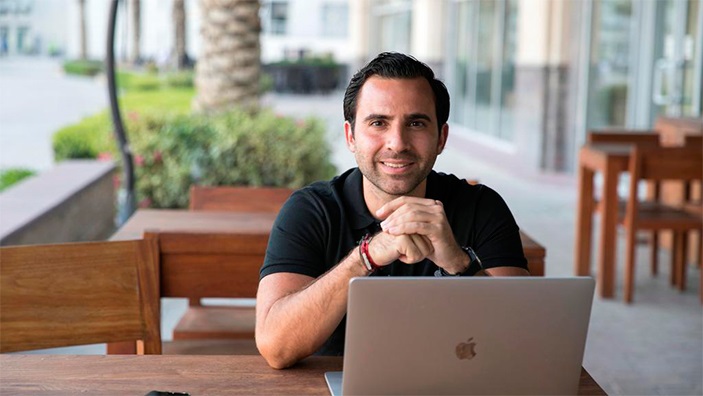New Report Shows Which Sectors Startup Investments Are Now Going To As Covid-19 Hits Startup Investments Globally
Even though the Covid-19 pandemic started late in the first quarter of 2020, it is already beginning to have ripple effects on startup investments in the Middle East and Africa. A new report by the Middle East and North Africa (MENA)’s largest startup data platform MAGNiTT, shows investor appetite has increased in startups covering grocery delivery, healthcare, e-commerce and edtech (or online educational startups)

Here Is More You Need To Know
- A survey of over 100 startup founders participating in Magnitt’s weekly webinar series saw 59 percent say their business had already been impacted by the crisis.
- Some 48 percent said revenue generation was their major concern and 25 percent pointing to fundraising as the issue that keeps them up at night; while 41 percent anticipate lower-than-expected revenue growth rates in 2020, with 29 percent anticipating revenue below 2019 figures.
“Some VCs have already raised funds and are looking to deploy the capital in the next couple of months and a lower valuation is good for the ecosystem. The pool of funds may be smaller but VCs are looking to invest where they can as part of business continuity,” Philip Bahoshy, founder and CEO of MAGNiTT said.
- He said that profitability will be challenged as people are not investing as they used to and “we may see a flattening in the number of deals this year and a decrease in the total value of investments”.
“It wouldn’t be surprising to see some startups and SMEs finding challenges in their operations and close down as a result,” he said.
“Fundraising activity is moving online as startups and investors are quickly adapting to the new normal and startups are increasingly looking for alternative ways to fundraise during the current crisis,” he said.

Read also: Africa’s Biggest Company Naspers Is Looking For Online Education Startups To Invest $8 Billion In
Startups In The MENA Region Saw A Decline Of 67% In Funding From January To March 2020
- According to MAGNiTT, the number of investment deals in the startup space in the Middle East and North Africa (MENA) saw a steep drop of 67% year on year in March due to coronavirus outbreak, notwithstanding a 2% increase in year-on-year funding in the first quarter of the year.
“It is very challenging to know exactly how Covid-19 is going to be in the next couple of quarters,’’ Bahoshy said.
“We anticipate that investors will look into supporting their portfolio companies that may be challenged; there is going to be new opportunities that are going to arise out of the situation and investors that have cash are going to invest in opportunities; valuations are going to have a correction as people will not have high growth rates in this environment as they would have previously and this, in turn, is an investment opportunity for investors,” he added.

- The report also says the number of investment deals in the first quarter of 2020 stood at 108, representing a major decline by 22% when compared to 138 deals recorded in 2019.
- From the report, startups in the region raised $277m in the first quarter of this year compared to $271m a year ago with several startups raising large funding rounds in January and February, including Kitopi ($60M), Vezeeta ($40M), and SellAnyCar ($35M).
“Historical data highlights that investment rounds across Mena tend to take, on average, six months to come to fruition,” said Bahoshy.
“We will most likely not see the full impact of Covid-19 on the venture funding space yet for a few months. However, early indications have already shown a slowdown in funding announcements, as startups and investors re-evaluate their positions in this new environment.”
Charles Rapulu Udoh

Charles Rapulu Udoh is a Lagos-based lawyer who has advised startups across Africa on issues such as startup funding (Venture Capital, Debt financing, private equity, angel investing etc), taxation, strategies, etc. He also has special focus on the protection of business or brands’ intellectual property rights ( such as trademark, patent or design) across Africa and other foreign jurisdictions.
He is well versed on issues of ESG (sustainability), media and entertainment law, corporate finance and governance.
He is also an award-winning writer.










